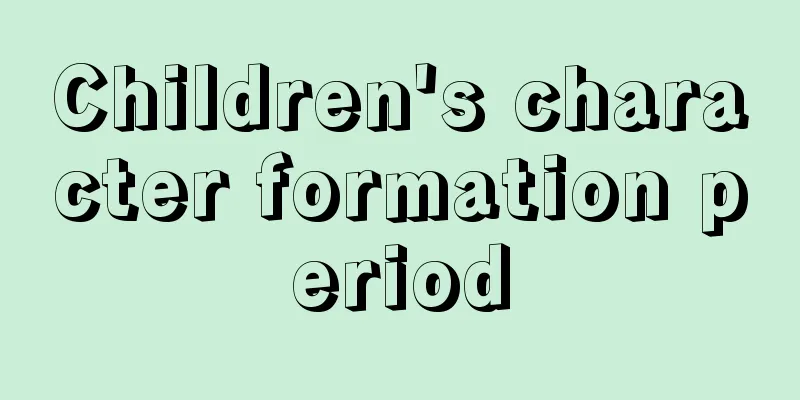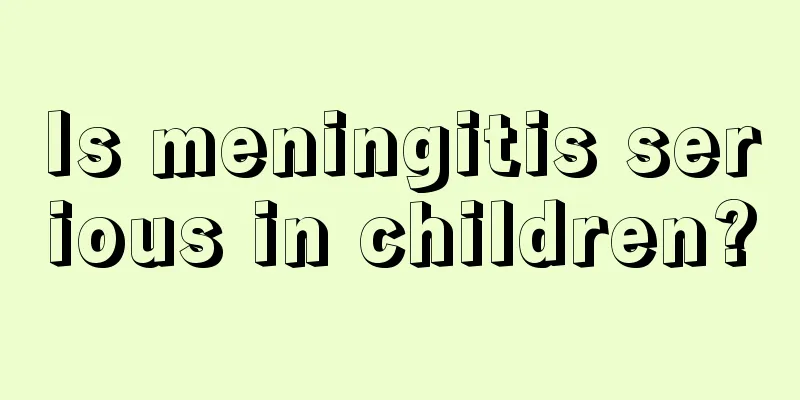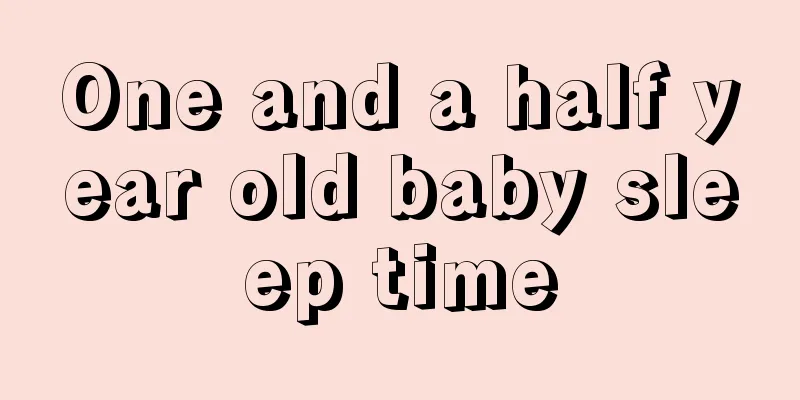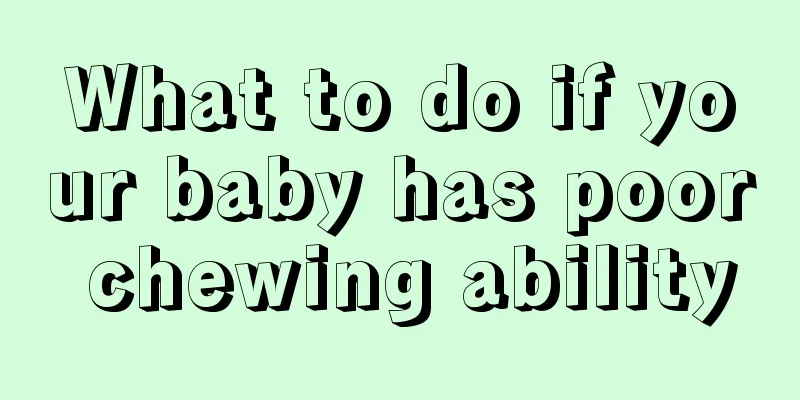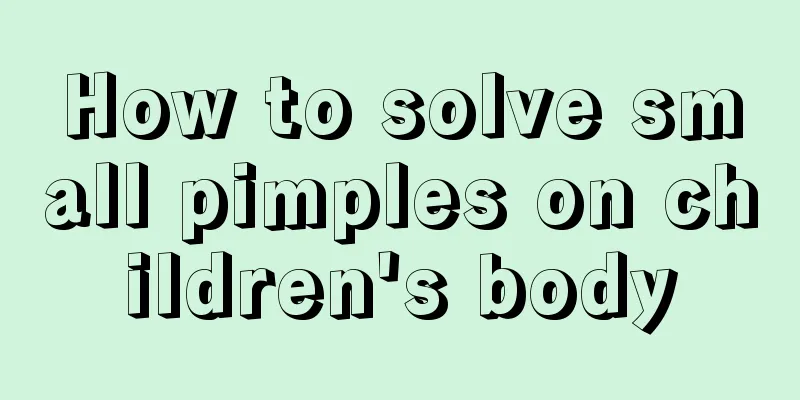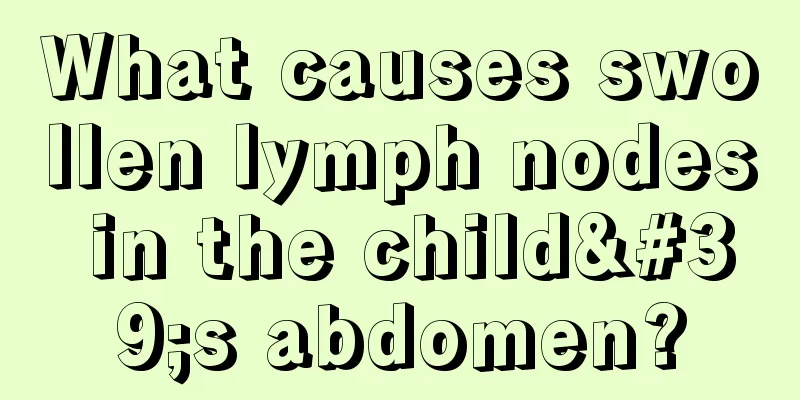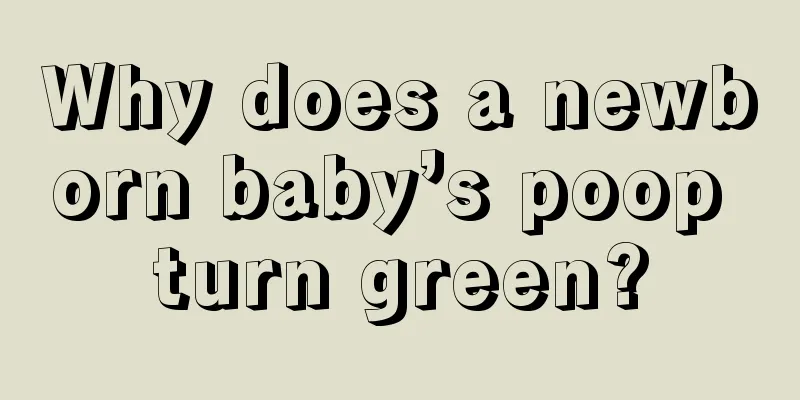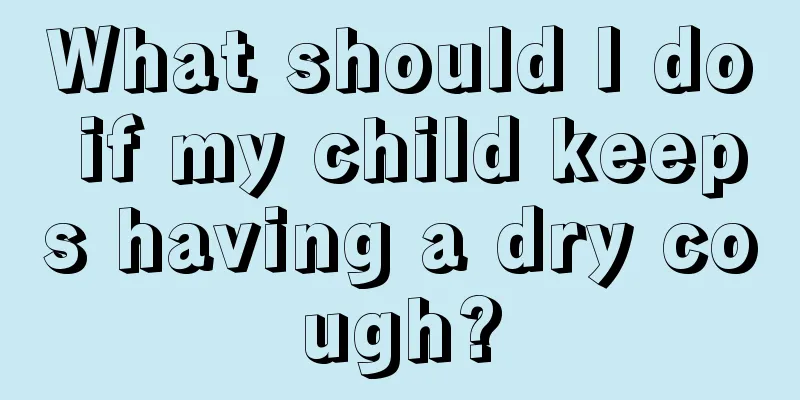Children with diarrhea and roseola
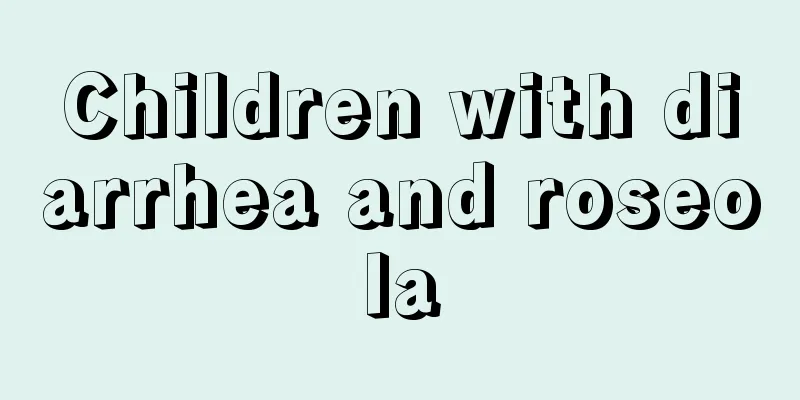
|
When it comes to diarrhea, many people are familiar with it. Diarrhea is a disease that seems to be harmless to the body, but it can cause many problems over a long period of time. For example, diarrhea for too long will cause dehydration of the body. At this time, the heart will feel uncomfortable and the head will feel dizzy. So what is the cause of diarrhea in roseola infantum? For diarrhea in young children, you must pay more attention. The symptoms are different and the treatment methods are also different. When a young child develops roseola, he or she may have symptoms of diarrhea. Roseola mainly occurs in children under two years old, and the occurrence of roseola will cause a sudden high fever that usually lasts about four days, and then a pink spotted rash will appear all over the child's body. There are two stages of roseola infantum. One is the incubation period, which generally lasts five to fifteen days. After the incubation period, the child's body temperature will be as high as 39 to 40 degrees Celsius. The child's condition is still relatively good, but sometimes the child will have convulsions, and some children will also have symptoms such as coughing and ear pain. About four days after the onset of roseola, the child will enter the second stage. At this time, the body temperature will return to normal, and a rash of small pink spots will appear, mostly on the head and trunk of the child. The occurrence of roseola not only causes the child to have symptoms of fever and rash, but may also cause diarrhea, vomiting, constipation and other symptoms. Generally, diarrhea is caused by viral infection and can usually heal itself without medication. Children may also experience diarrhea while taking antipyretic drugs, and the diarrhea symptoms will improve after stopping the drugs. Will roseola infantum cause diarrhea? When a child has roseola infantum, he or she is likely to have diarrhea. The diarrhea symptoms may be caused by viral infection or by taking antipyretic drugs. Generally, children infected with viruses do not need treatment and will heal on their own. If the symptoms are caused by antipyretic drugs, they will return to normal after stopping the drugs. |
<<: What to do if your child has a cough and diarrhea
>>: What to do if a foreign object enters a child's nose
Recommend
Is it good for babies to drink more water and urinate more?
The weather in autumn and winter is abnormally dr...
How to solve baby hiccups?
Hiccups are a very common phenomenon, especially ...
How to wean a baby who loves milk
Weaning is a very important thing for both babies...
Baby's stool occult blood weak positive
If the baby's stool shows weak positive occul...
Hand, foot and mouth disease recipes
Hand, foot and mouth disease is contagious, so tr...
What medicine should children take for frequent urination
Nowadays, many parents find that their children a...
Things to note when babies are exposed to blue light
Newborn babies are very fragile, and we need to s...
When do newborns' tear glands open?
When a newborn baby is born, some of its organs a...
What should children eat to get better quickly if they have a fever or a cold?
When we are children, our immunity is very low an...
Children's fever-reducing folk remedies should be used reasonably
It is very common for children to have a fever, b...
Side effects of pine pollen on babies
We already know the effects and functions of pine...
How to deal with a child's dislocated hand_What to do if a child's hand is dislocated
If a child's hand is accidentally dislocated,...
What should children eat to relieve constipation?
It is painful for children to have difficulty def...
At what age is it normal for children to change their teeth?
When a child is seven or eight months old, his or...
What is the reason for children's underbite?
The so-called overbite in children is also called...
